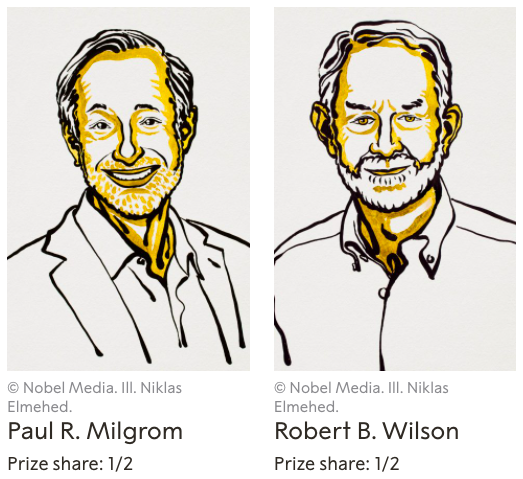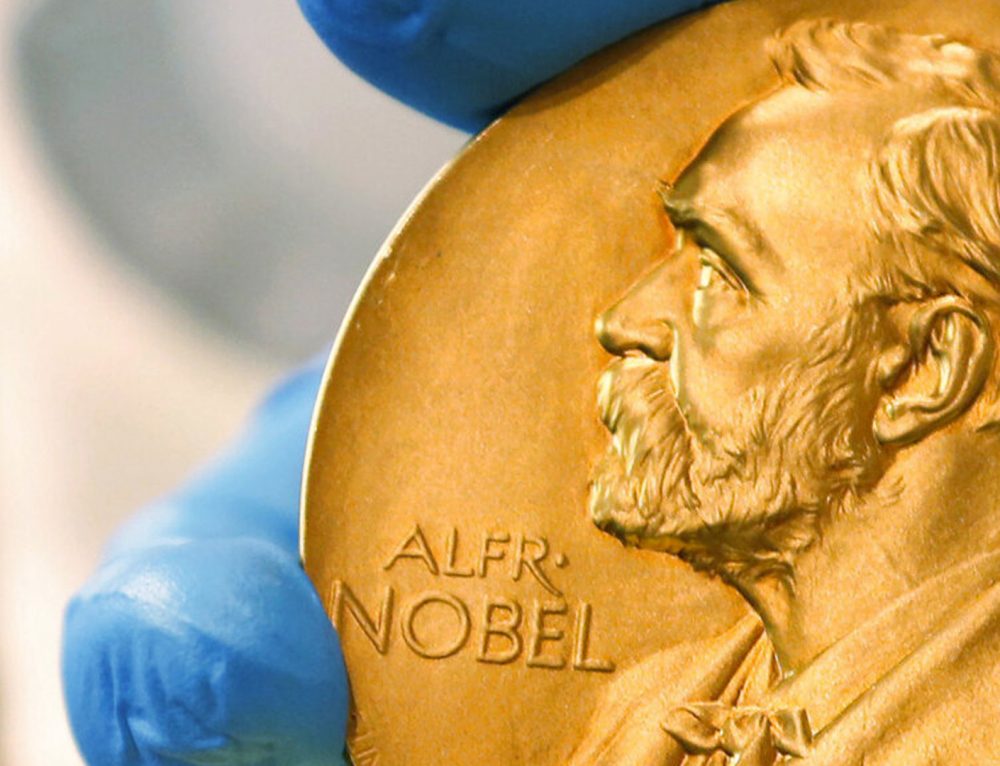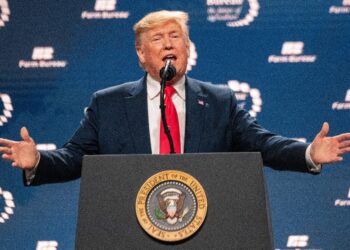Stanford professors Paul Milgrom and Robert Wilson won the Nobel economics prize.
For their work on studying auction behavior, including why people tend to price bids below their estimate of an item’s worth, the Stanford University professors, Paul Milgrom and Robert Wilson, have been awarded the Nobel in economic science.
“They haven’t just profoundly changed the way we understand auctions — they have changed how things are auctioned,” said Alvin E. Roth, a Nobel laureate himself who was one of Mr. Wilson’s doctoral students, per The New York Times. “The two of them are some of the greatest theorists living in economics today.”
“Auctions are everywhere and affect our everyday lives. This year’s Economic Sciences Laureates, Paul Milgrom and Robert Wilson, have improved auction theory and invented new auction formats, benefiting sellers, buyers and taxpayers around the world,” read the Nobel Prize’s official website.
Auctions help to sell a variety of products, including diamonds, minerals and online advertising. They can also take on various characteristics: Objects can have a shared, common value for all bidders (such as commodities like oil) or private values that vary across bidders (like art). Bidders may know exactly what the object’s value is, or they may have imperfect information. Bids can be open, meaning everyone can see them, or closed. But in most auctions, explains The Times, bidders have both common and private values — when buying a house, for instance, shoppers think about both what they personally like about the amenities and what the market value of the home might be. Mr. Milgrom came up with a theory to deal with that mix of common and private value, and he examined how the “winner’s curse” plays out in such instances. He found that people underbid by less in so-called English auctions, in which prices start low and are raised, than in Dutch auctions, where they start high and are reduced. The pair’s “best-known contribution,” according to the committee, is their work in designing new auction formats for complex situations, including the format that governments now use to allocate radio frequencies to telecom operators. The Laureates’ ground-breaking research about auctions has thus been of great benefit, for buyers, sellers and society as a whole.
The economics prize, won by such luminaries as Paul Krugman and Milton Friedman in the past, was the final of the six awards in 2020, a year in which the Nobels have been overshadowed by the COVID-19 pandemic, reported the World Economic Forum. The traditional gala winners’ dinner in December has been cancelled and other parts of the celebrations are being held digitally to avoid the risk of spreading the infection.
Who are the winners?
Mr. Wilson was born in 1937 in Geneva, Neb., earned both his bachelor’s and graduate degrees from Harvard University, and he is now a professor emeritus at Stanford University. Mr. Milgrom was born in 1948 in Detroit. He completed his bachelor’s at the University of Michigan and his graduate education at Stanford, where he received a doctorate in 1979 and where he is now a professor.
In 1994, the professors designed the auction used by the Federal Communications Commission (FCC) to license radio frequencies to telecom companies, who then use that spectrum to push through your phone calls and mobile payments.














